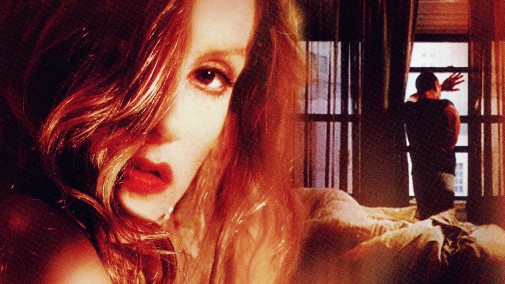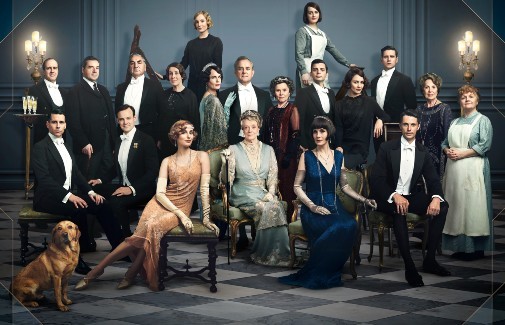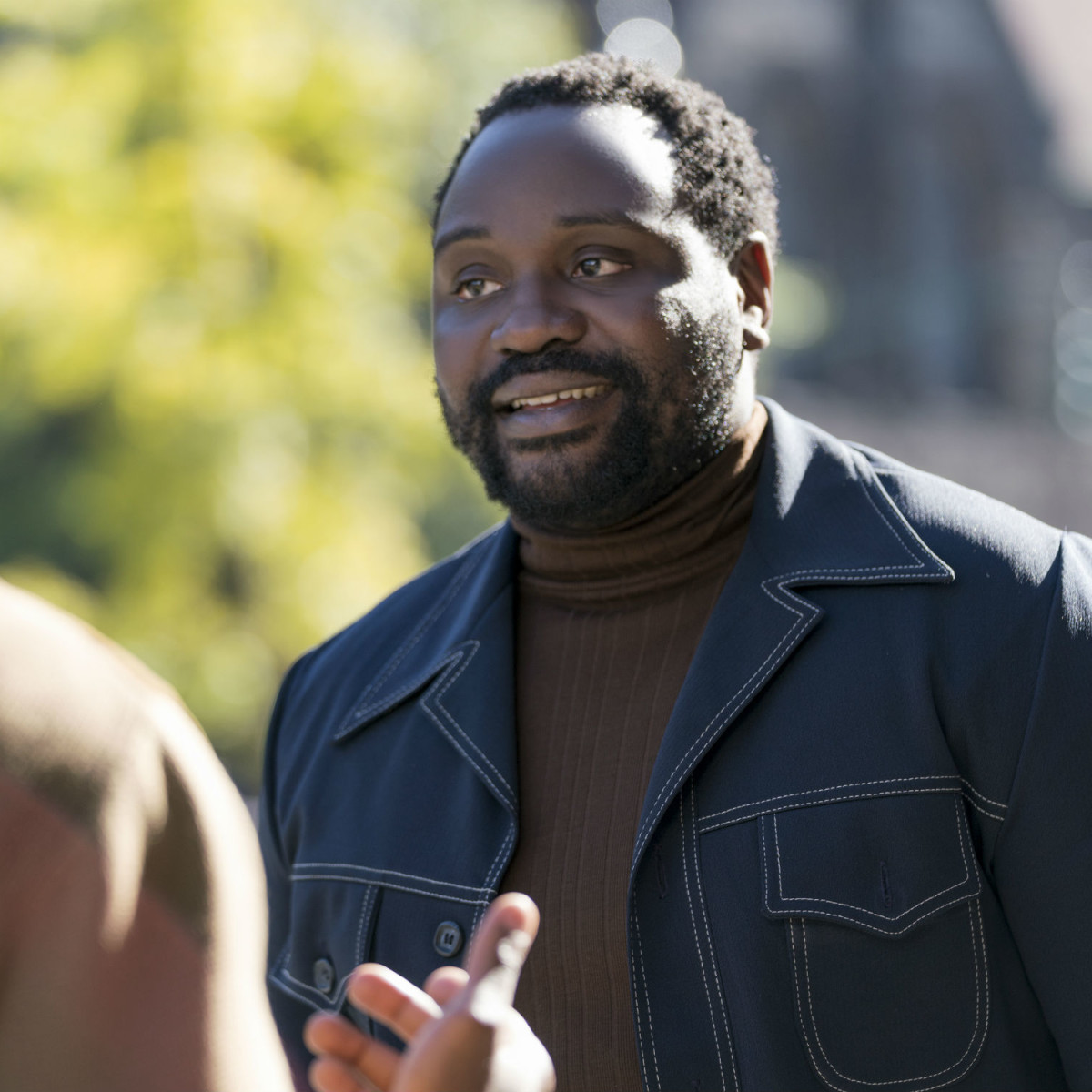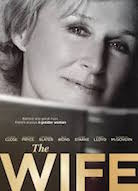Erotic Thrillers: Part 3 – Bare Witnesses
 Thursday, April 20, 2023 at 1:00PM
Thursday, April 20, 2023 at 1:00PM 
Making your way through the Criterion Channel's Erotic Thrillers collection, you'll start noticing a recurring concept here and there. One of the most prevalent is voyeurism (peeping toms or bystanders) twisted by the advent of violence. That very idea can lead to a consideration of the audience as another variation of the voyeur, whether in a critique or apologia. Fear and desire often mix, the horrified spectator enlivened by the hideousness they just saw even as trauma lingers in the psyche. Excited by danger and drunk on terror, they're laid bare for the camera in more ways than one.
As our cinematic odyssey reaches the end of the eighties, we encounter three tales of eroticized witnessing – Curtis Hanson's The Bedroom Window, Bill Condon's Sister, Sister, and the program's first woman-directed picture, Sollace Mitchell's Call Me…






